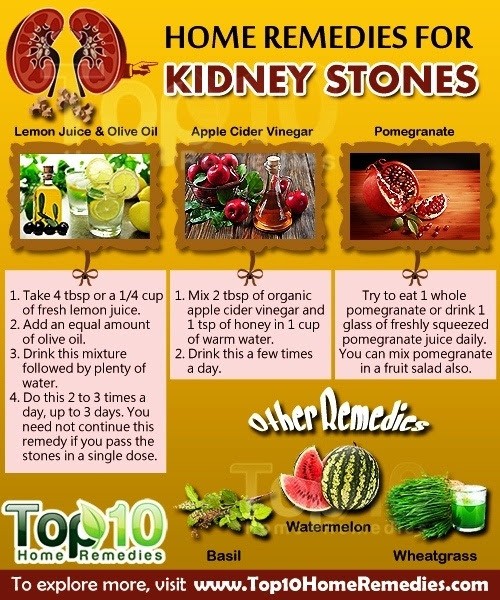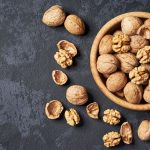
Contents
Which Method Is Best to Remove Kidney Stones?
Retrograde intrarenal surgery (RIRS) is the best procedure for removing kidney stones and consists of the following steps.
The treatment of kidney stones depends on size, location, type, whether it is infected, and if it is a repeat procedure.
However, now, RIRS, also called flexible ureteroscopy, is the best procedure for removing kidney stones.
RIRS refers to surgery done inside the kidney with a viewing tube, called a fiber optic endoscope.
Due to recent technological strides, RIRS can manage kidney stones.
The laser energy source breaks the stone or converts it into dust, which can be manually removed using small forceps.
This procedure is associated with minimal complications.
RIRS is performed inside the kidney without making any cuts by directing the instrument through the urethra and into the kidney.
After completing RIRS, the patient will be taken to the recovery room for intensive care.
However, the procedure is costly due to the higher cost of equipment and disposables and has a lengthy learning curve.
Other treatment options for kidney stones
Smaller kidney stones may not require treatment and may pass on their own or with the help of medications and precautions.
A healthy kidney necessitates adequate water intake regularly.
For recurrent or large kidney stones
Extracorporeal shock wave lithotripsy (ESWL): It shatters kidney stones into small pieces that can pass through the urinary tract and out of the body.
Ureteroscopy (URS): A ureteroscope is passed through the urethra and into the ureter to remove a stone with a laser.
Percutaneous nephrolithotomy (PCNL): Large kidney stones are removed through a small incision in the skin.
5 ways to prevent kidney stones
- Changes in lifestyle, particularly eating and exercise habits can help prevent kidney stones.
- A person with a history of kidney stones should drink plenty of water (unless on a fluid-restricted diet).
- Protein-restricted diets can help reduce the risk of certain types of kidney stones.
- Besides dietary changes, the doctor may prescribe medications to control mineral levels in the urine.
- Parathyroid gland removal can prevent calcium kidney stone formation.
If a person has kidney stones, they may be more likely to develop chronic kidney disease.
Talk to the doctor about keeping the kidneys healthy and preventing kidney stone recurrence.
How are kidney stones formed?
Most urinary stones form due to a shift in the natural balance of minerals and water in the urine.
They are made up of salt and minerals found in urine that stick together and form small clots.
The stones can grow to several centimeters in diameter and fill the entire renal collecting system.
They can either remain in the kidneys or exit the body via the urinary tract.
Doctors distinguish between different types of stones, such as calcium oxalate, uric acid, and infectious stones.
6 common causes of kidney stones
Factors that can alter the balance of substances in the urine and lead to kidney stones include inadequate water intake, high protein or sodium diet, urinary tract infections, obesity, diabetes, gout, metabolic syndrome, and parathyroid gland disorders.
Kidney stones are a common occurrence, with estimated risks of 11% for men and 9% for women.
Other causes of kidney stones include strenuous exercise without sufficient fluid replacement and consuming foods high in salt or sugar.
How do I know if I have kidney stones?
A person may not realize they have a kidney stone until it causes pain and obstructs urine flow. The most common symptom is severe, fluctuating pain in the lower back or side.
Other signs and symptoms include vague pain, blood in the urine, nausea or vomiting, fever and chills, cloudy or smelly urine, pain while urinating, and increased urge to urinate.
If a person has a kidney stone, their doctor may recommend blood and urine tests, as well as imaging tests to diagnose and determine the best course of action.
Prevention is the best way to deal with kidney stones. Staying hydrated and making dietary changes can reduce the risk. In some cases, medications may be prescribed.
If additional treatment is required, the doctor or urologist will advise on options based on the diagnosis of the kidney stones.


